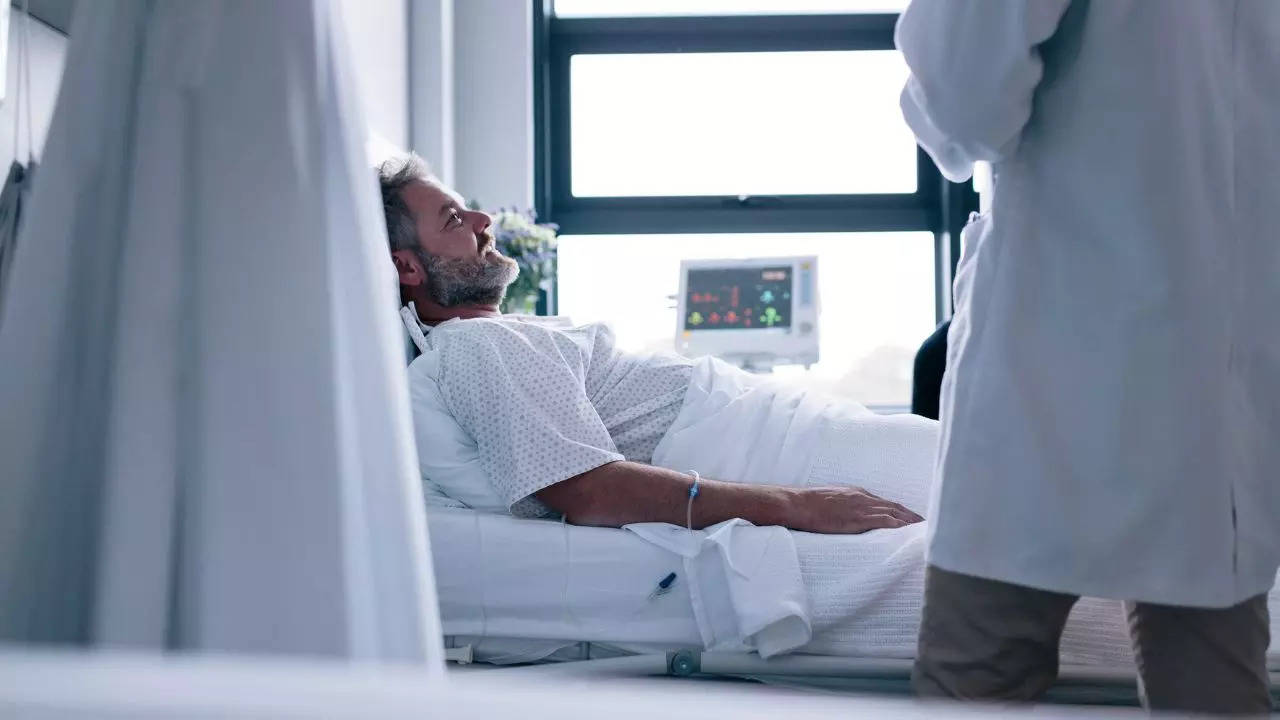Singapore Sees Rise In Hospitalisations As COVID Cases Surge
Singapore is seeing a rise in local COVID-19 cases, reaching 32,035 between November 26 and December 2, compared to 22,094 a week prior. Hospitalisations have increased from 136 to 225 daily. Factors include waning immunity and increased year-end interactions, said the health ministry. India reported 166 new cases in the past 24 hours, emphasizing the need for precautions amid changing weather.

Singapore Sees Rise In Hospitalisations As COVID Cases Surge
Singapore has been seeing a surge in local COVID-19 infections for the past two weeks, said the health ministry. Cases across the country have increased and the number of cases between November 26 and December 2 was estimated to be 32,035. This was a significant rise compared to 22,094 cases a week ago.
The average daily Covid-19 hospitalisations have increased to 225 from 136 the previous week. The health ministry said the surge in the number of cases could be due to waning population immunity, increased interactions during the year-end travel and other factors.
This surge also comes at a time when several countries across the globe have been seeing a surge in the number of cases. India recorded a total of 166 new COVID-19 cases in the last 24 hours with most of them from the state of Kerela.
With the changing weather conditions and the onset of winter, it is extremely important that you take the necessary precautions that can protect you from contracting the infection.
Here are some precautionary measures you can take.
- Wear a mask that covers your mouth and nose when you are in public or in crowded spaces.
- Stay at least 6 feet or about two arms’ length away from others.
- Wash your hands often with soap and water for at least 20 seconds, especially after you have been in a public place, or after blowing your nose, coughing, or sneezing.
- Use hand sanitiser as and when required
- Try not to touch your face.
According to the CDC, prevalent symptoms of COVID-19 include fever or chills, cough, difficulty breathing or shortness of breath, fatigue, muscle or body aches, headache, new onset of taste or smell loss, sore throat, congestion or runny nose, nausea or vomiting and diarrhoea. You might start to see these symptoms somewhere between 2 to 14 days after contracting the virus.
If you spot any of these symptoms, make sure to get yourself tested so as to prevent the infection from reaching advanced stages. Testing can also help confirm if you have contracted COVID or it is the seasonal cold and flu.
COVID-19 is a contagious respiratory illness that can cause mild to severe complications. According to the health ministry’s data, the total death toll of COVID-19 stands at 5,33,306 and the recovery rate was at 98.81 per cent. Moreover, 220.67 crore doses of COVID-19 vaccines have been administered in the country so far.
Disclaimer: Tips and suggestions mentioned in the article are for general information purposes only and should not be construed as professional medical advice. Always consult your doctor or a dietician before starting any fitness programme or making any changes to your diet.
End of Article
Subscribe to our daily Lifestyle Newsletter!
Videos





04:45
'World Used Kashmir Against India': What EAM Said On J&K's Art 370| Page From Times Now Archive

02:59
Breaking News: SC Upholds Abrogation Of Article 370 | No Special Status For J&K | Latest Updates

04:35
NC, PDP, And BJP Reacts On Abrogation Of Article 370 | Will Centre Be Vindicated? | Latest News

02:42
Israel Hamas War | Netanyahu Says 'Hamas Is Surrendering' | What's Happening In Gaza? | World News

02:32
India’s Strong Response Over ‘Secret Memo’ on Nijjar Killing | India Vs Canada | Khalistani Group














